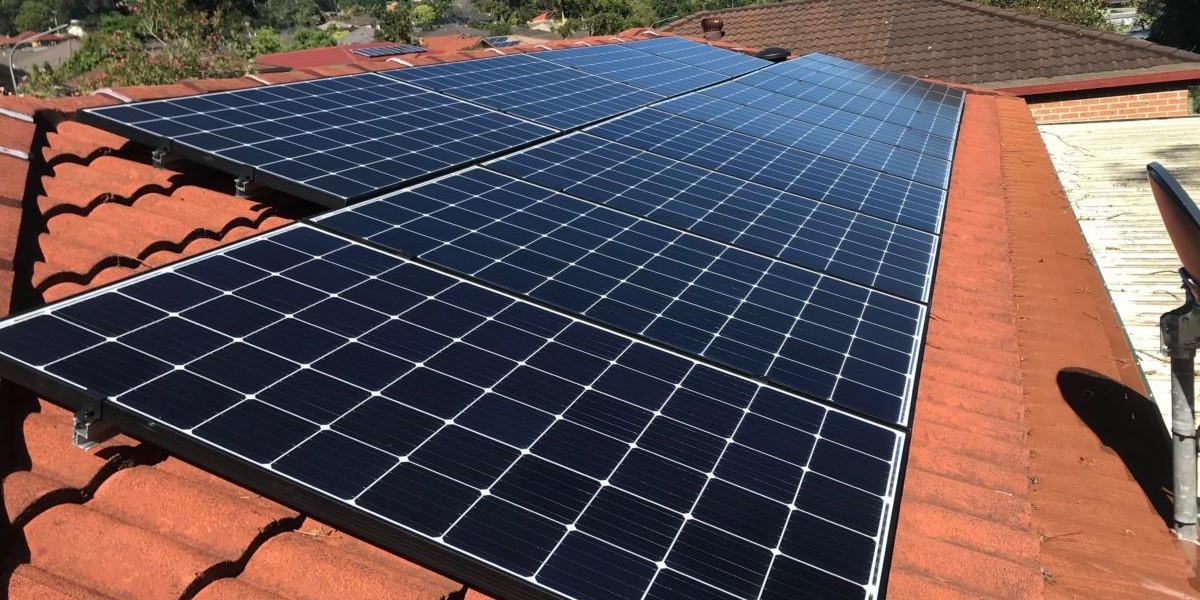Introduction
In the fast-paced world of food and beverage service, having reliable equipment is crucial for maintaining efficiency and quality. One such piece of equipment is the commercial ice machine. These machines are essential for businesses ranging from restaurants and bars to hotels and convenience stores. This article explores the importance, types, benefits, and maintenance of commercial ice machines.
What is a Commercial Ice Machine?
A commercial ice machine is designed to produce ice on a larger scale compared to residential models. These machines can generate various types of ice, including cubes, flakes, and nuggets, depending on the specific needs of the business. They are engineered to operate continuously and can produce hundreds of pounds of ice per day, ensuring a steady supply for various applications.
Importance of Commercial Ice Machines
Food Preservation: Ice plays a crucial role in preserving perishable food items. It is used to keep seafood, salads, and other items fresh during service and storage.
Beverage Cooling: In bars and restaurants, ice is essential for cooling drinks, from cocktails to soft drinks. A consistent supply of ice enhances the customer experience.
Food Preparation: Ice is often used in food preparation, especially in salad bars and buffets, where it helps maintain optimal temperatures for food safety.
Healthcare Applications: In hospitals and clinics, ice machines are vital for providing cold therapy and preserving certain medical products.
Event Services: Catering businesses rely heavily on ice machines for events, ensuring that beverages remain cold throughout service.
Types of Commercial Ice Machines
Commercial ice machines come in various types, each designed for specific applications:
Cubers: These machines produce traditional ice cubes, ideal for restaurants and bars. They come in different sizes, including full-sized, half-sized, and gourmet cubes.
Flakers: Flake ice machines create small, soft ice flakes, perfect for salad bars and displays. Flake ice molds easily and is often used in seafood applications.
Nugget Ice Machines: Nugget ice, known for its chewable texture, is popular in restaurants and healthcare settings. It is ideal for drinks and cocktails.
Modular Ice Machines: These machines produce large quantities of ice and can be paired with bins or dispensers for easy access. They are suitable for high-demand environments.
Under-Counter Ice Machines: Compact and efficient, these machines fit under countertops and are ideal for smaller establishments or bars with limited space.
Benefits of Commercial Ice Machines
Increased Efficiency: With the ability to produce large quantities of ice quickly, commercial ice machines reduce the need for manual ice handling, saving time and labor costs.
Improved Customer Satisfaction: Consistent ice supply enhances drink quality and presentation, leading to better customer experiences and repeat business.
Versatility: With different types of ice available, businesses can choose machines that best suit their needs, ensuring flexibility in operations.
Cost-Effective: While the initial investment can be significant, commercial ice machines typically save money in the long run by reducing the costs associated with buying bagged ice.
Durability and Reliability: Designed for heavy usage, commercial ice machines are built to last, with many models featuring stainless steel construction for enhanced durability.
Maintenance of Commercial Ice Machines
Regular maintenance is essential for ensuring the longevity and efficiency of commercial ice machines. Here are some tips:
Clean Regularly: Ice machines should be cleaned every six months to remove mineral buildup and bacteria. Use manufacturer-recommended cleaning solutions.
Check Water Filters: Replace water filters according to the manufacturer’s guidelines to ensure water quality and ice purity.
Monitor Temperature: Ensure the machine operates within the recommended temperature range for optimal performance.
Inspect Components: Regularly inspect parts like compressors, evaporators, and water pumps for signs of wear and tear.
Professional Servicing: Schedule professional maintenance at least once a year to address any issues that may not be visible to the untrained eye.
Conclusion
In summary, commercial ice machines are vital for various industries, providing essential services that enhance food safety, customer satisfaction, and operational efficiency. Understanding the types, benefits, and maintenance needs of these machines can help businesses make informed decisions when investing in this crucial equipment. By ensuring that their ice machines are well-maintained and suited to their specific needs, businesses can enjoy the benefits of reliable, high-quality ice production for years to come.








